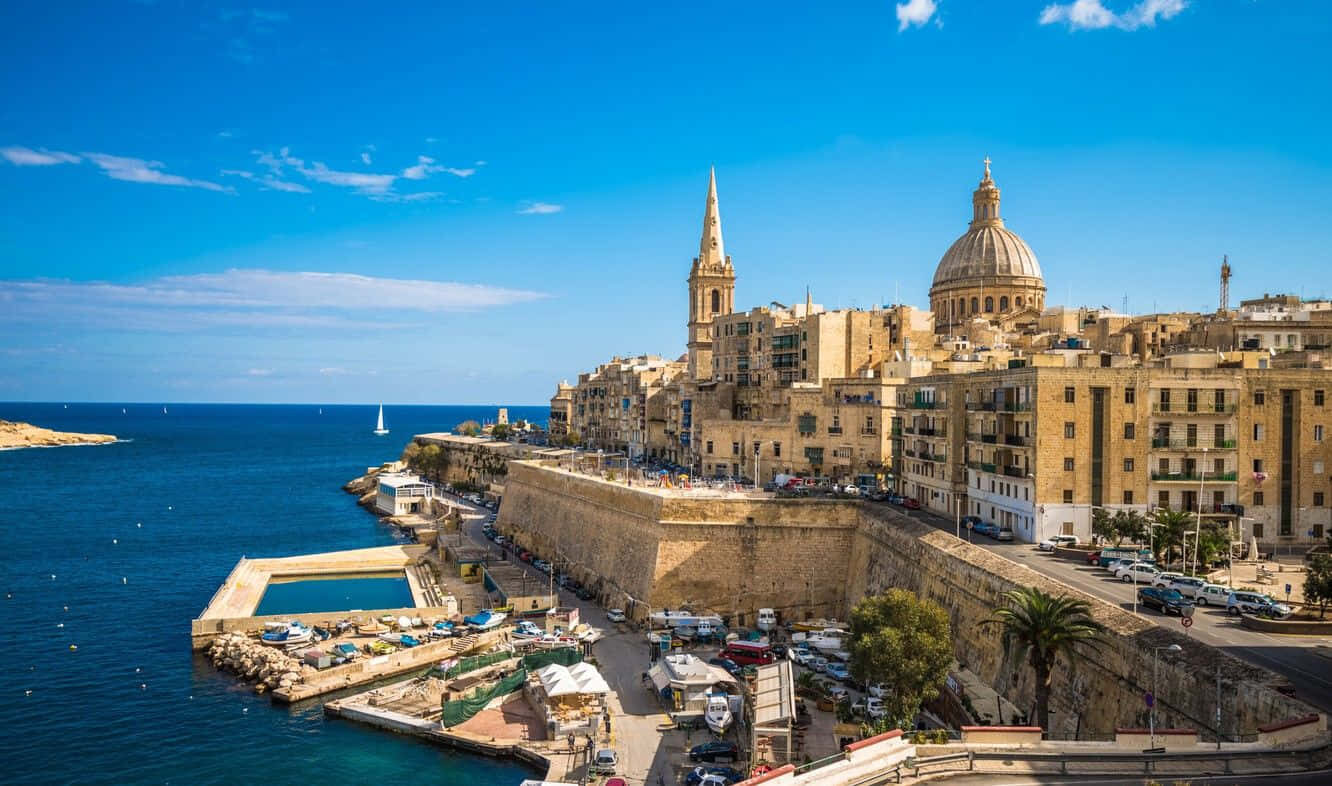Universities in Malta
Malta is home to a growing number of universities and higher education institutions that cater to both local and international students. The country’s universities offer a variety of programs ranging from undergraduate to doctoral degrees in fields such as business, engineering, medicine, and humanities. Here is a list of some of the top universities in Malta:
1. University of Malta (UM)
The University of Malta (UM) is the oldest and most prestigious higher education institution in Malta. Established in 1769, it offers a wide range of programs across different faculties, including law, medicine, engineering, arts, and business. The university is internationally recognized and has strong collaborations with universities worldwide.
2. Malta College of Arts, Science & Technology (MCAST)
MCAST focuses on vocational and technical education, offering diploma, undergraduate, and postgraduate programs in fields such as information technology, business, engineering, and applied sciences. It is known for providing hands-on training and skill development opportunities.
3. American University of Malta (AUM)
AUM is a private university offering American-style education. The university provides undergraduate and graduate programs in business administration, game development, engineering, and other fields. AUM is particularly popular among international students seeking an American education in Europe.
4. Global College Malta (GCM)
GCM is a private higher education institution that offers business-related degrees. It provides undergraduate and postgraduate programs, including MBAs and specialized management courses.
5. Middlesex University Malta
Middlesex University Malta is an extension of the UK-based Middlesex University, providing degrees in computing, business, and IT-related fields. The university follows the British education system and awards globally recognized degrees.
6. St. Martin’s Institute of Higher Education
St. Martin’s Institute is an affiliate of the University of London, offering degree programs in business, information technology, and computing. The institute provides flexible learning options for students who want to earn UK degrees while studying in Malta.
How to Apply
Applying to universities in Malta involves several steps, which may vary depending on the institution and program of choice. The following is a general guideline for applying to Maltese universities:
1. Choose a University and Program
Before applying, research the available universities and programs in Malta to find the one that best fits your academic and career goals. Ensure that the institution is recognized and accredited by relevant authorities.
2. Check Admission Requirements
Each university has specific entry requirements. Typically, students must have:
- A recognized secondary school certificate (such as A-Levels, IB, or equivalent)
- English language proficiency (IELTS, TOEFL, or equivalent for international students)
- Specific subject requirements depending on the program
- Work experience or a portfolio (for certain courses like design and business programs)
3. Prepare the Required Documents
Commonly required documents include:
- Completed application form
- Academic transcripts and certificates
- English language test scores (if applicable)
- Statement of purpose or motivation letter
- CV/Resume (for postgraduate applications)
- Letters of recommendation
- Copy of passport (for international students)
4. Submit the Application
Applications can typically be submitted online through the university’s admission portal. Some universities may also accept applications via email or through an official application form.
5. Pay the Application Fee
Most universities charge an application fee, which varies depending on the institution and program. Payment is usually made online via credit/debit card or bank transfer.
6. Wait for Admission Decision
After submission, universities review applications and notify students of their admission status. This process can take a few weeks to a few months, depending on the university and program.
7. Apply for a Student Visa (for International Students)
Non-EU students need a student visa to study in Malta. Visa requirements include:
- A valid passport
- Proof of acceptance from a Maltese university
- Evidence of sufficient financial means
- Health insurance coverage
- Accommodation proof
8. Enrollment and Orientation
Once accepted, students must complete the enrollment process, pay tuition fees, and attend orientation sessions before starting classes.
Fees
Tuition fees in Malta vary based on the university, program, and student nationality (EU vs. non-EU). Below is an overview of the typical fee structure:
1. University of Malta (UM) Fees
- EU Students: Many undergraduate programs at UM are free for EU nationals.
- Non-EU Students: Fees range from €8,500 to €20,000 per year, depending on the program.
- Postgraduate Programs: Master’s programs range from €4,000 to €12,000 annually, while PhD programs may cost between €5,000 and €15,000.
2. MCAST Fees
- EU Students: Most programs are free or have minimal fees.
- Non-EU Students: Fees range from €6,000 to €12,000 per year.
3. American University of Malta (AUM) Fees
- Undergraduate programs: Around €10,000 to €12,000 per year.
- Graduate programs: €12,000 to €15,000 per year.
4. Global College Malta (GCM) Fees
- Undergraduate programs: €8,000 to €10,000 annually.
- MBA and other master’s programs: €10,000 to €14,000.
5. Middlesex University Malta Fees
- Undergraduate programs: Approximately €8,500 to €10,000 per year.
- Postgraduate programs: €9,500 to €12,000 per year.
6. St. Martin’s Institute Fees
- Undergraduate programs: Around €7,500 to €10,000 annually.
- Master’s programs: €9,000 to €12,000 per year.
Scholarships and Financial Aid
Several universities offer scholarships and financial aid options for students based on academic merit and financial need. Some scholarships available include:
- Malta Government Scholarships for international students
- University of Malta Scholarships
- Erasmus+ Scholarships for EU students
Additional Costs
Apart from tuition fees, students should budget for:
- Accommodation: €300-€700 per month
- Living expenses: €500-€1,000 per month
- Health insurance: €200-€500 per year
- Books and materials: €200-€400 per year
Studying in Malta offers high-quality education in a multicultural environment at a relatively affordable cost compared to other European countries. By carefully researching universities, application processes, and tuition fees, students can make informed decisions about pursuing higher education in Malta.
